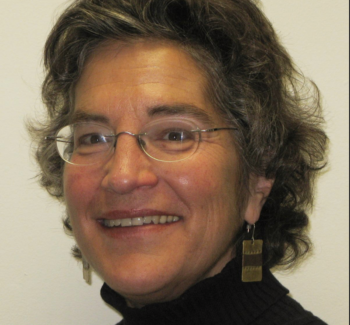Why Israel/Palestine Matters (with Phyllis Bennis)
In this episode, Middle East expert Phyllis Bennis joins us once again, this time to discuss why the situation in Israel/Palestine matters. We ask, “How does militarism in Israel/Palestine impact the rest of the Middle East and the rest of the world?” For American listeners we ask, “Does violence and injustice in Israel/Palestine provoke violence and injustice here in America (and vis versa)?” Finally, “What kind of positive impact can someone have on this situation, even from far away?”
Podcast: Play in new window | Download (Duration: 20:19 — 27.9MB) | Embed
Subscribe: Google Podcasts | RSS | More


